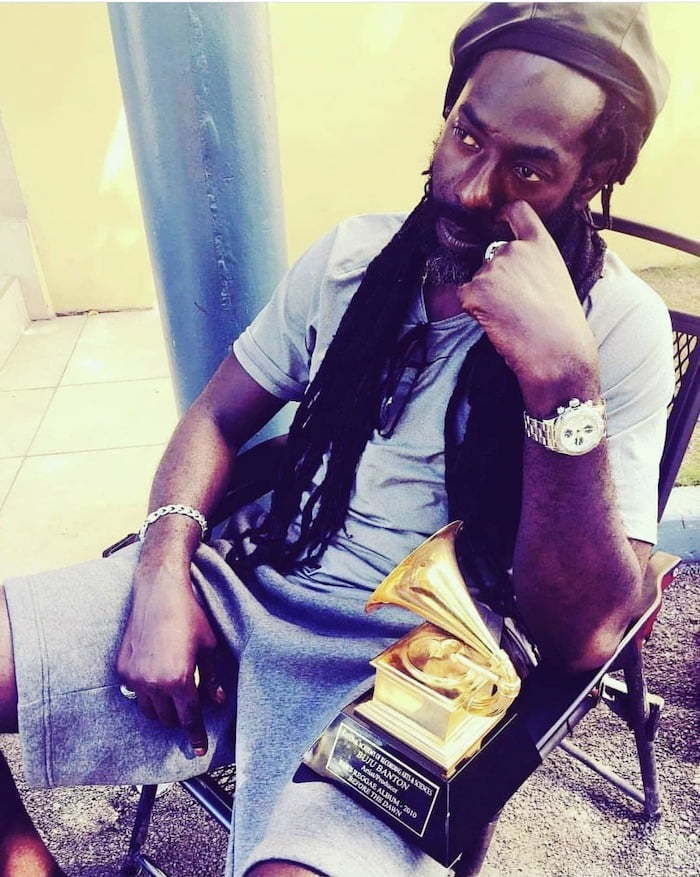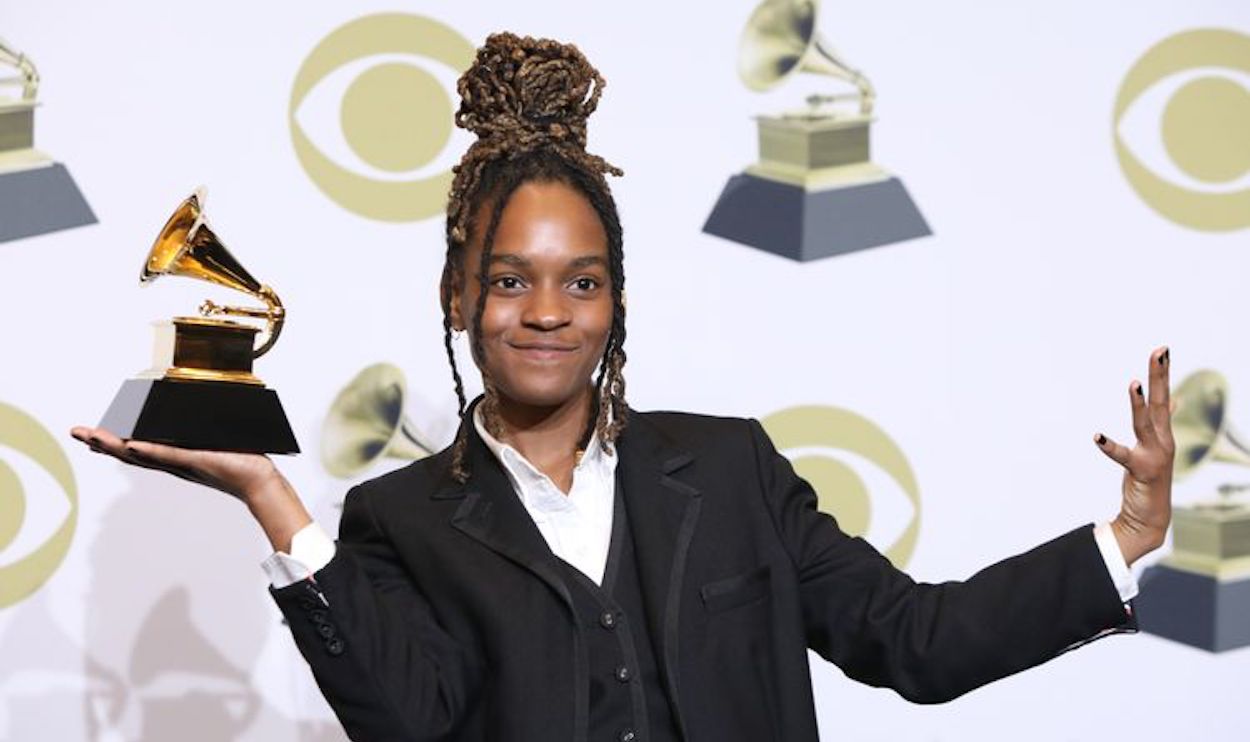Reggae category remains untouched as the Grammys’ make sweeping changes to some of its controversial rap and R&B categories.
Ongoing demonstrations sparked by the tragic killing of George Floyd have rolled out several positive repercussions among citizens and organizations alike. The latest entity to pivot amid calls for cohesion with the Black Lives Matter movement is the Recording Academy, the organization behind the annual Grammy Awards. This week, the Grammys rolled out sweeping changes to a few of its controversial “urban” categories that are long overdue. It’s a timely move — music has been instrumental in helping the masses navigate the mayhem of the past few weeks, and anthems of resistance such as “Alright” by Kendrick Lamar have seen incredible chart comebacks.
The Grammy’s is often cast in negative and bigoted light for the format of the show and their treatment of deserving artistes. Who can forget Adele’s reprimand of the Academy’s Lemonade snub for Album of the Year or Tyler the Creator’s labeling of his win as a “backhanded complement.” Like the NFL, the Grammy’s has now finally stepped up to the plate with some adjustments to its R&B, Latin and Rap categories, as well as the best new artist title.

“I’m excited to announce our latest changes as were constantly evaluating our awards process and evolving it to ensure the Grammy’s are inclusive and reflect the current state of the music industry,” said Harvey Mason Jr., interim president/CEO of the Recording Academy. He replaced Deborah Dugan, who was fired days before the 2020 Grammy’s and was quoted as saying the show was “rigged and muddled with conflicts of interest,” confirming decades of speculation for many. Each category is now more in tune with contemporary considerations and progressive elements. As such, the ‘Best Rap/ Sung Performance’ title is now ‘Best Melodic Rap Performance’, ‘Best Urban Contemporary Album is now called ‘Best Progressive R&B Album’, and the ‘Latin Pop Album Grammy’ has been renamed to ‘Best Latin Pop or Urban Album.’
The much-criticized ‘Best New Artist’ category previously held a song and album limit, which automatically excluded certain performers. According to the new rules, there is no longer a specified maximum number of releases prohibiting artists from entering. This relaxing of the thirty song cap should sit well with today’s musicians, especially amongst rappers and younger artists.
Critics have called out the Recording Academy over their backward structure and lack of transparency, including their stance on not broadcasting the awarding of the Reggae Grammy. Announced today, these new guidelines will take effect at the 63rd Annual Grammy Awards, which airs in 2021.
